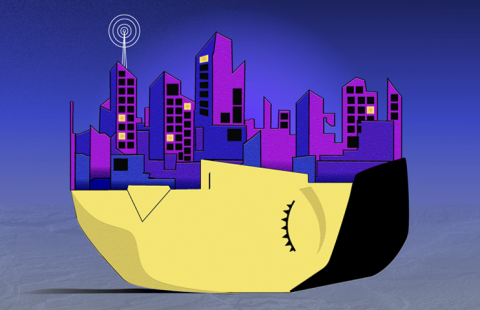A team coordinated by Prof. Emmanuel Flamand-Roze from Pitié-Salpêtrière Hospital, AP-HP, has tested, at the clinical investigation centre of the Brain and Spine Institute (Inserm /CNRS/UPMC) , the efficacy of zonisamide, a drug currently used to treat certain forms of epilepsy, in 23 patients with a rare disease of the nervous system, myoclonus-dystonia. The promising results from this trial, which was funded by AP-HP (the Paris Public Hospitals), are the subject of a publication in the journal Neurology on 6 April 2016.
(c) Fotolia
Myoclonus-dystonia is a rare disease that results from poor control of movements by the brain, leading to abnormal muscle contractions. It features two types of symptoms: jerky muscular movements (myclonus), and an abnormal posture of some parts of the body (dystonia). The unpredictable muscular jerks that accompany every one of the patient’s movements are the most disabling symptom. They are usually strongest in the upper limb and neck regions. The mobility problems associated with this disease can seriously impede the activities of daily living. These highly visible disorders often lead to stigmatisation, loss of self-esteem, and social withdrawal among patients. There is presently no effective drug for this disease. There is, however, a neurosurgical treatment that gives good results, but it is invasive, and restricted to severe forms of the disease.
The scientific team, made up of physicians and researchers, conducted a randomised, double-blind, placebo-controlled trial, to test the efficacy of zonisamide in 23 patients with myoclonus-dystonia. Zonisamide is a drug that has been used in Europe for the last ten years to treat certain forms of epilepsy. It is well tolerated by most patients who use it for this purpose.
The results of this trial show that zonisamide brings about a highly significant reduction in the myoclonus and associated disability. The patients’ dystonia is also alleviated by this treatment.


